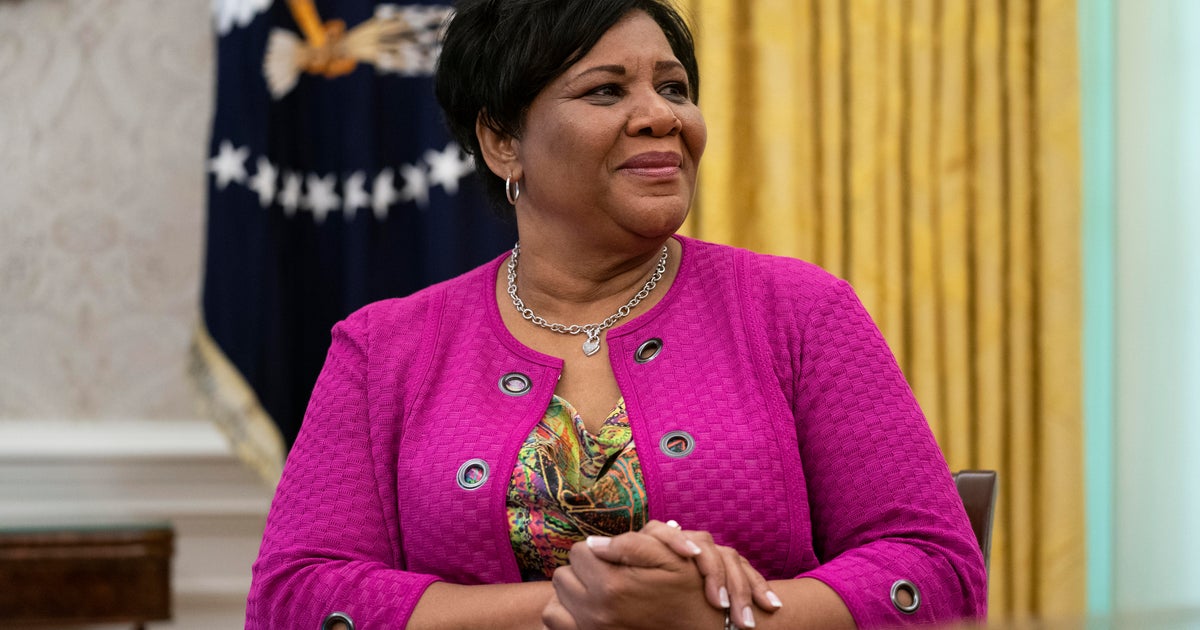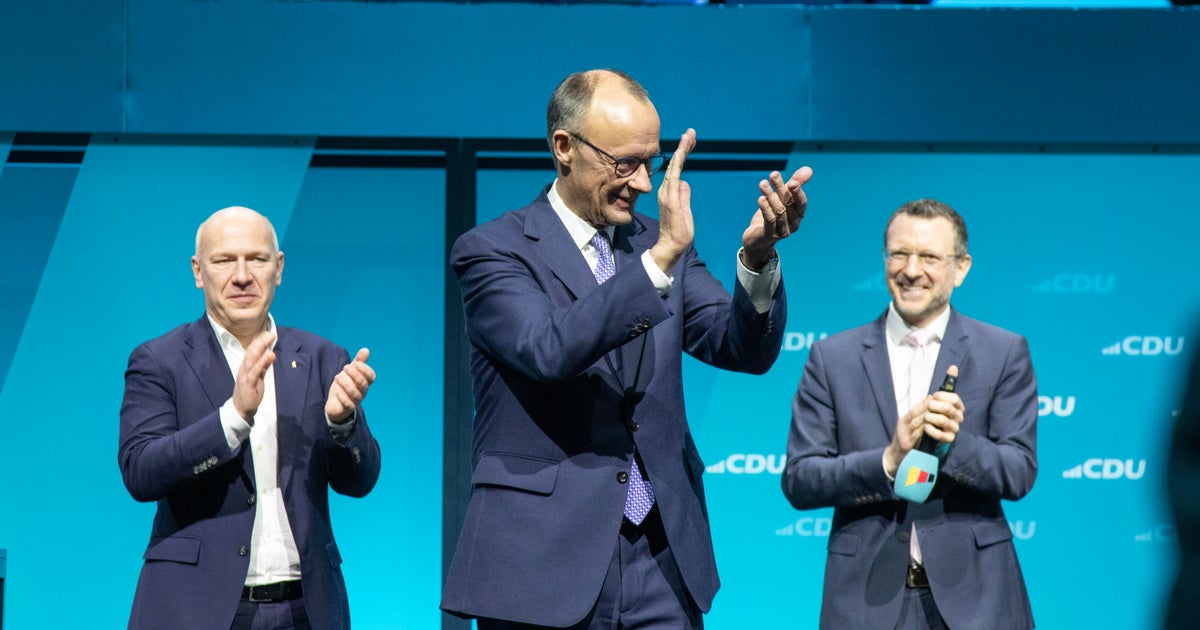Bloomberg apologizes for stop-and-frisk policy in New York, saying he "was wrong"
Washington — As he considers launching a bid for the Democratic presidential nomination, Michael Bloomberg apologized for the NYPD's controversial "stop-and-frisk" policy during his time as mayor of New York. Under the policy, hundreds of thousands of people were stopped and searched by police without warrants, with the city's black and Latino population disproportionately targeted and the vast majority released without arrest.
"In recent months as I've thought about my future, I've been thinking more about my past, and coming to terms where I came up short," Bloomberg said at the predominantly black Christian Cultural Center in Brooklyn on Sunday morning, his first public appearance since teasing a potential presidential run. "Over time, I've come to understand something that I long struggled to admit to myself: I got something important wrong. I got something important really wrong."
Bloomberg, who was mayor between 2002 and 2013, said "far too many innocent people were being stopped" under the policy, and the "overwhelming majority of them were black and Latino."
"I didn't understand that, back then — the full impacts that stops were having on the black and Latino communities. I was totally focused on saving lives. But as we know, good intentions aren't good enough," he said.
At its peak in 2011, 685,724 people were stopped and questioned under the program, with the vast majority deemed innocent, according to the ACLU. Bloomberg said he came to realize the policy was misguided while still in office, as his administration began "scaling back" use of the practice and crime continued to decrease.
The policy was the subject of numerous federal lawsuits against the city. In 2013, current New York Mayor Bill de Blasio ran on a platform of ending the practice, and the number of stops has decreased further in the years since.
"I now see we could and should have acted faster to cut the stops. I wish we had and I'm sorry that we didn't," he told the congregation Sunday. "But I can't change history. However, today, I want you to know that I realize, back then, I was wrong. And I'm sorry."
Bloomberg's reversal on one of his signature anti-crime initiatives comes as he considers jumping into the crowded race for the Democratic presidential nomination. Black voters make up a key constituency in the party, and the former mayor's decision to speak before a predominantly black congregation in his first public appearance seemed to be a first step in courting the support of a crucial voting bloc.
Reverend Al Sharpton, the president of the National Action Network, said Bloomberg called him after his speech Sunday. Sharpton said that, as someone who led demonstrations against stop-and-frisk, he was "glad to see Mr. Bloomberg now admit that the policy was wrong."
But Sharpton said he told Bloomberg it would take more than one speech "for people to forgive and forget a policy that so negatively impacted entire communities." Still, he was glad the former mayor speak up about the policy, especially, he noted, at the same time President Trump is calling for a national expansion of stop-and-frisk.
Bloomberg has already filed to be on the ballot for the Democratic primaries in Alabama and Arkansas, with aides signaling he plans to bypass early contests and focus on states voting on March 3, Super Tuesday.
The latest CBS News Battleground Tracker released Sunday found one in five Democrats in 18 early-voting states said they would consider voting for Bloomberg if he jumps in the race. More than twice as many said they would not consider him, and a third said they have not heard enough about him to say either way.
Benjamin Mitchell and Ed O'Keefe contributed reporting.




